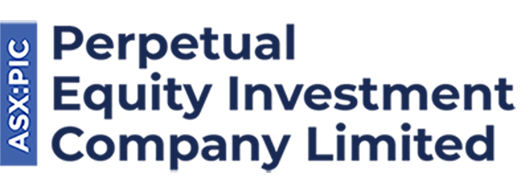
With reporting season over, the bull market in growth equities rolls on. The “expectations game” that has long permeated US equities has firmly taken root in Australia as well.
Actual results seem less important than whether a company beats short term expectations regardless of whether P/Es are 10x or 200x. Investors continue to reward many of the “hope” stocks in the WAAAX cohort (Wisetech, Appen, Afterpay, Altium and Xero) that just exceed guidance but have punished or largely ignored other businesses with similar results.
The market offered a perfect case study in August. Tech darling WiseTech delivered a profit of $54.1m vs expectations of $53.6m (Source: FactSet). How much was this $500,000 above expectations worth? About $3 billion according to the market which sent the stock surging from $27 to $37 since the result, or from $8.6 billion to $11.9 billion in market value. Sure, profits were up strongly, but the market had already factored this into the eye watering P/E multiple. Such a small amount above expectations being so richly rewarded seems puzzling. WiseTech now trades at 211x earnings.
WiseTech generated just $54.1m on revenue of $348.3m and most of the growth is via acquisition. Yet it is worth almost $1.5 billion more than a monopolistic business (Tabcorp has monopolies on lotteries in every state except WA) which generated more than 7 times the profit on nearly 16 times the revenue; $397.6m on $5.48 billion.
Think about that for a moment. A company without any special business moats protecting its competitive advantage, hard assets, license, monopoly or significant breakthrough technology, is worth close to $1.5 billion more than a company with sixteen times the revenue, seven times the earnings and the exclusive license to operate lotteries in virtually all the states of Australia. Indeed, the lotteries is becoming even more of a cash machine with lottery revenue up 31% in H2 2019. Digital sales rose from 16.8% in FY2018 to 25.5% helping to drive a big increase in margins. These are the growth metrics that tech investors assign enormous multiples too, but Tabcorp’s share price remains fairly subdued.
Elsewhere, Unibail-Rodamco-Westfield trades at less than 10x forward earnings and has a dividend yield of 8.8%, nearly ten times the 10-year bond yield. The company owns prime shopping mall assets, virtually impossible to replicate, around the world. Retail is under pressure, but not that much pressure, and the company has billions in non-core assets to sell to optimise gearing and maintain its dividend. Yet nobody wants to own the stock and it languishes 35% below the price of June 2018.
This does not make sense. Yet it is happening in real time. And it’s not even that unique - it has happened before. Davnet was once worth more than Qantas in the tech boom 20 years ago. Ask anyone under 30 if they’ve ever heard of Davnet; it disappeared two decades ago without a trace. But Qantas survives and thrives a century after its birth.
We are fast entering a period, as Mark Twain once said, where a return of capital is as critical as a return on capital. Undoubtedly some companies just won’t make it through the cycle or risk major share price reversals.
History doesn’t repeat but it rhymes a lot. We are sticking to companies with real assets and tangible value rather than intangible assets that can disappear overnight.

